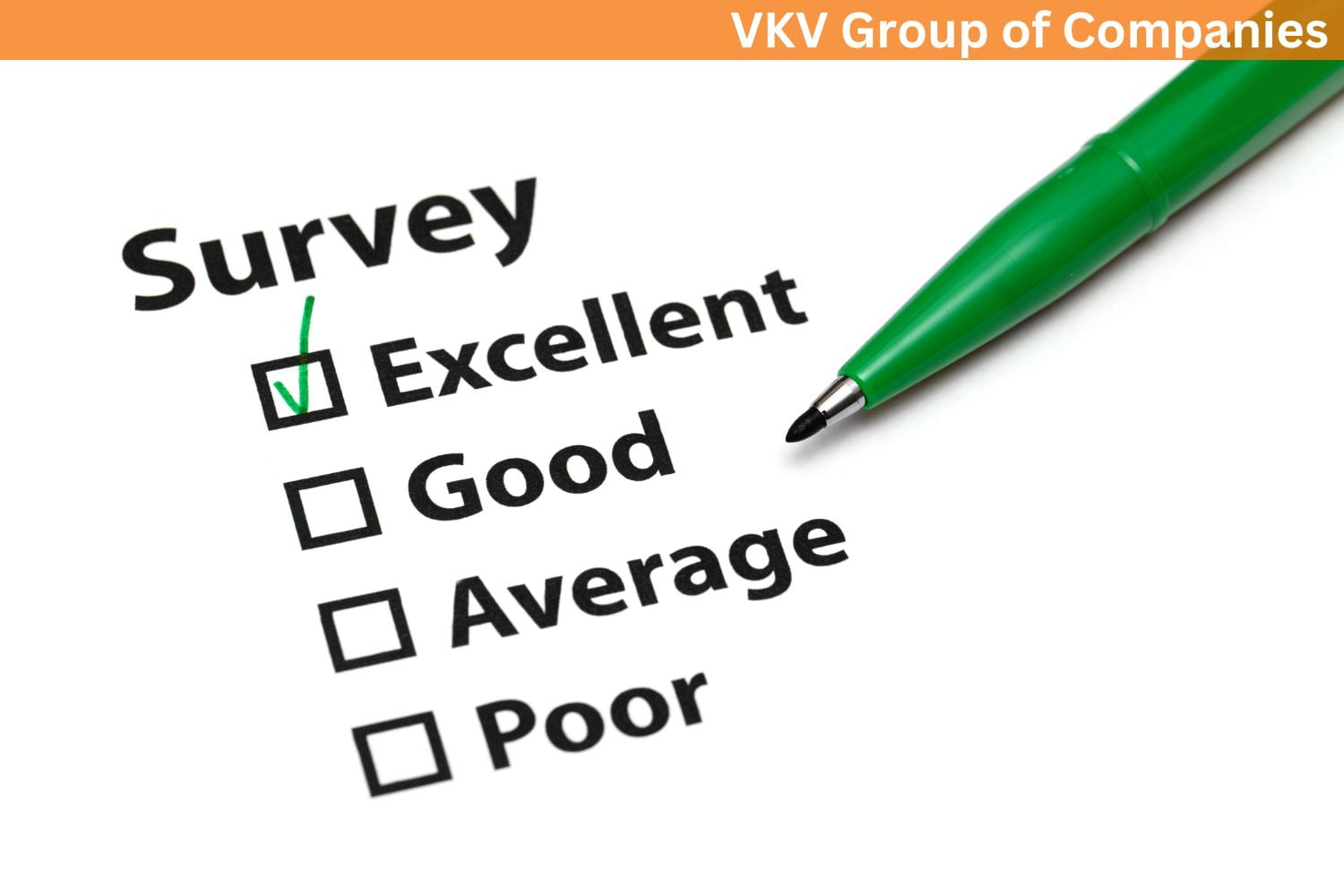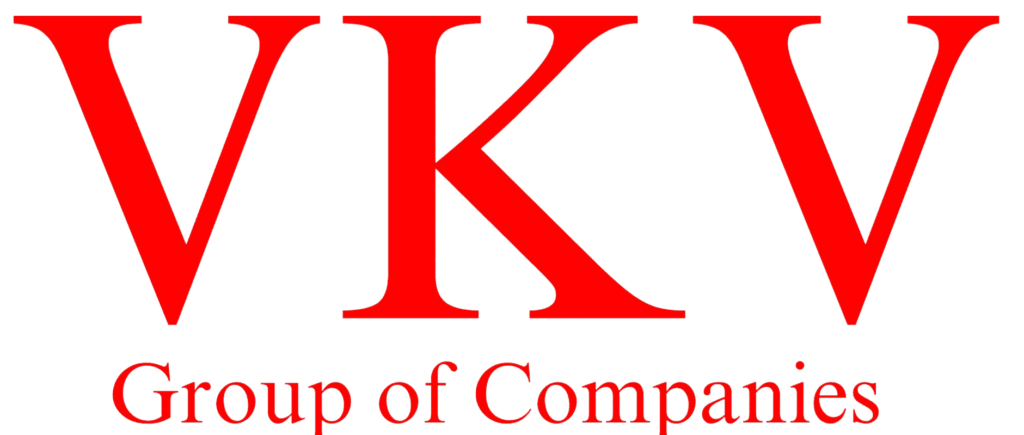
Leverage the power of social media to connect and engage with your audience
In order to build a strong brand presence and promote meaningful interactions, our SMM professionals design and implement strategies across platforms including Facebook, Instagram, Twitter, and LinkedIn.
Below is a detailed overview of the processes
1. Platform Selection and Audience Analysis
- Objective : Identify the most relevant social media platforms for your target audience.
- Process :
- Research and select platforms based on demographics, interests, and behavior of your target audience.
- Analyze existing data and conduct surveys or interviews to understand your audience's preferences and behaviors.
2. Competitor Analysis
- Objective : Understand how your competitors are utilizing social media and what strategies are working for them.
- Process :
- Identify main competitors on social media platforms.
- Analyze their content, engagement strategies, posting frequency, and follower demographics.
3. Content Strategy and Planning
- Objective : Create a content calendar and strategy to ensure consistent and relevant messaging.
- Process :
- Define content themes, types (e.g., text, images, videos), and formats for each platform.
- Develop a content calendar outlining the frequency and timing of posts.
4. Content Creation and Curation
- Objective : Objective: Produce high-quality, engaging content that resonates with your target audience.
- Process :
- Create original content (e.g., images, videos, blog posts) that aligns with your brand and messaging.
- Curate relevant content from other sources to provide value to your audience.
5. Engagement and Community Management
- Objective : Foster meaningful interactions with your audience and build a loyal community.
- Process :
- Respond promptly to comments, messages, and mentions.
- Initiate conversations, ask questions, and encourage user-generated content.
6. Paid Advertising and Promotion
- Objective : Boost visibility and reach by investing in paid social media advertising.
- Process :
- Set campaign objectives (e.g., website visits, lead generation, engagement).
- Define target audience demographics, interests, and behaviors.
- Create ad creatives (e.g., images, videos, ad copy).
- Allocate budget and schedule ad placements.
7. Influencer Partnerships
- Objective : Collaborate with influencers to expand your reach and tap into their engaged audience.
- Process :
- Identify and vet potential influencers based on relevance, reach, and engagement.
- Establish terms of collaboration, including compensation and content expectations.
8. Analytics and Performance Tracking
- Objective : Measure the effectiveness of your social media efforts and identify areas for improvement
- Process :
- Utilize social media analytics tools (e.g., Facebook Insights, Twitter Analytics) to track metrics like reach, engagement, clicks, and conversions.
- Analyze data to understand what content performs best and adjust strategies accordingly.
9. A/B Testing and Optimization
- Objective : Experiment with different content types and strategies to improve performance.
- Process :
- Conduct A/B tests on ad creatives, headlines, and messaging to identify high-performing variations.
- Use insights to refine content and targeting strategies.
10. Compliance and Policy Adherence
- Objective : Ensure that your content and interactions comply with platform policies and guidelines.
- Process :
- tay updated on platform policies and make sure all content adheres to them.
11. Trend Monitoring and Adaptation
- Objective : Stay current with industry trends and adapt your strategy accordingly.
- Process :
- Monitor industry news, emerging trends, and changes in user behavior on social media platforms.
- Adjust content and strategies to align with current trends and preferences.
12. Community Feedback Integration
- Objective : Listen to your audience's feedback and use it to inform your content and strategies.
- Process :
- Regularly review comments, reviews, and feedback to understand your audience's preferences and address concerns.
Remember that effective social media marketing calls for constant work, originality, and sensitivity to the shifting wants and needs of your target market. Since it’s a dynamic field, regular analysis and adaption are beneficial.

















